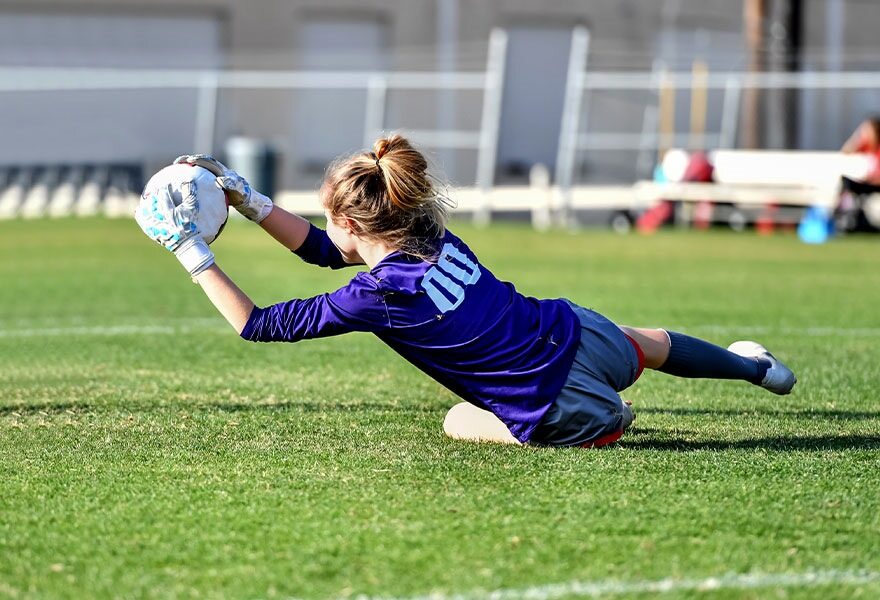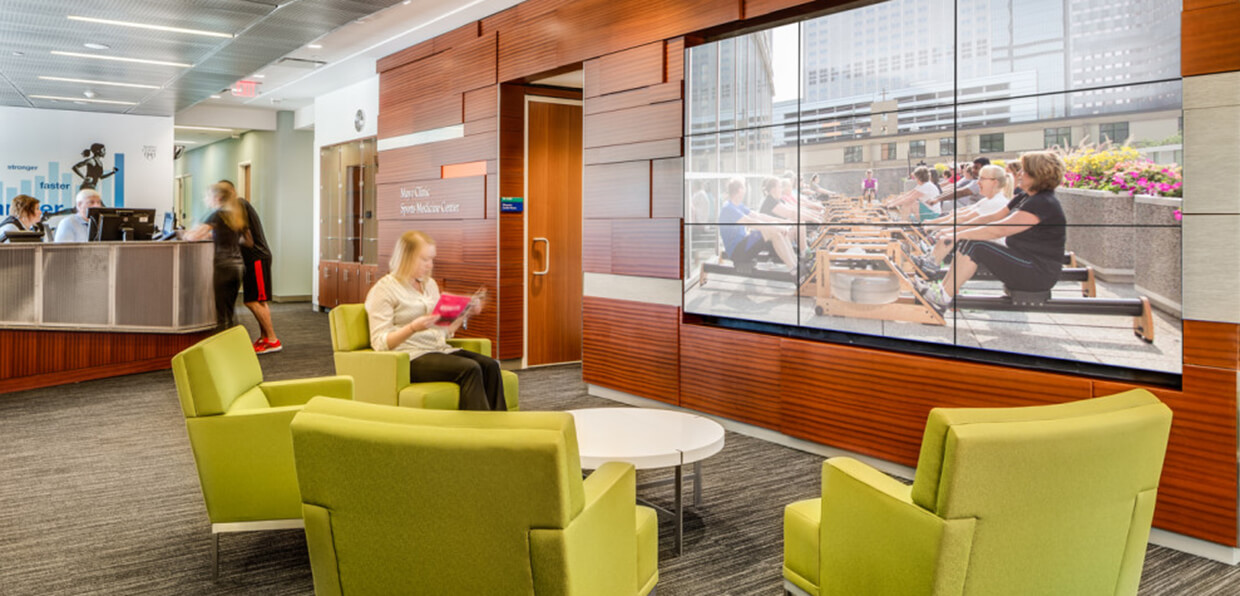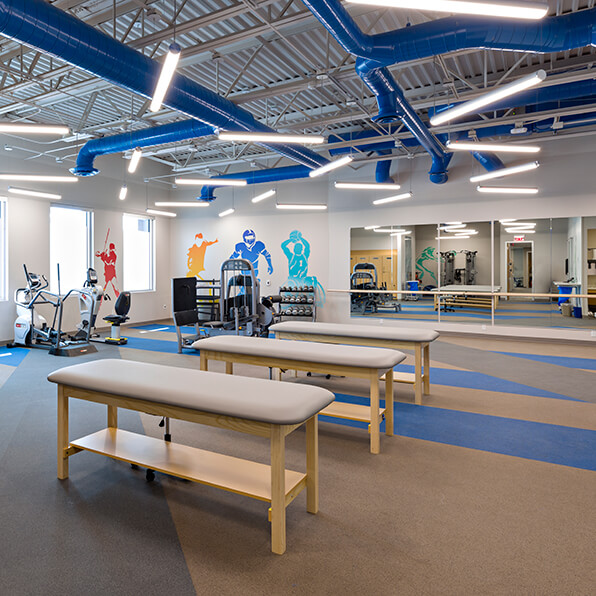You have a dull ache or pain in your shoulder, you can’t sleep because of it, your arm is weak, maybe you have difficulty raising or rotating that arm – and it’s painful when you do. You think it might be your rotator cuff but push that thought away because only baseball pitchers, tennis players, and golfers injure their rotator cuffs, right?
Actually, no; that’s a common misconception, says Kelechi Okoroha, M.D., orthopedic surgeon, Mayo Clinic Orthopedics and Sports Medicine, team physician for the Minnesota Timberwolves. Rotator cuff injuries are one of the most common causes of shoulder pain affecting active people, generally caused by gradual wear and tear of the tendon tissues. Those whose occupations and sports activity involve repeated shoulder overuse and overhead movement or heavy lifting, have arthritis, and are over 40 (when the tendon becomes more prone to inflammation) are at greater risk for these injuries. Conversely, an acute tear can happen suddenly due to a fall or accident, usually resulting in an immediate inability to raise or rotate the arm.
A group of four muscles that surround the shoulder and attach via tendons to the head of the upper arm bone (the humerus), the rotator cuff holds the shoulder joint in place and enables the movement of the arms and shoulders. A rotator cuff tear happens when a rotator cuff tendon is separated, either partially or completely, from the bone. What starts out as inflammation can become small, little tears and eventually progress to large tears if not treated. The good news is that when caught early, these respond well to non-operative treatments. However, untreated rotator cuff tendonitis (inflammation) or tears can lead to permanent loss of motion and/or strength in the shoulder joint, so it’s important to seek evaluation right away.
“The rotator cuff and rotator cuff injuries,” says Christopher Camp, M.D., orthopedic surgeon, Mayo Clinic Orthopedics and Sports Medicine, Medical Director and team physician for the Minnesota Twins, “are relatively complex.” Which is why at Mayo we have the Rotator Cuff Specialty Clinic, a specialized team of world-class orthopedic surgeons, sports medicine physicians, physical therapists, and athletic trainers who work together to come up with a comprehensive and customized care approach quickly to get you on your path to healing.
The right diagnosis
The Rotator Cuff Specialty Clinic gets you the right diagnosis the first time, through a thorough history, physical exam, and imaging that may include x-rays, ultrasounds, and MRIs. Our team of specialists includes radiologists so we can pinpoint your injuries. With that information, our surgical and non-surgical team work together to come up with a customized treatment plan tailored to your specific needs and goals.
The right personalized treatment
At the Rotator Cuff Specialty Clinic, our goal is to not only treat the injury, but also help prevent that injury from happening again. We do that through utilizing the most up to date, cutting edge research and technological advances at our DAHLC (Dan Abraham Healthy Living Center, Rochester), and Mayo Clinic Square (Minneapolis) locations.
Non-surgical:
Often, proper care such as rest, ice, activity modification, and over the counter pain medication is all that’s needed to recover from a rotator cuff injury. The next step up from that, physical therapy, might also then be all that is needed, and our team of specialists work to create and then guide you in implementing that plan of action.
The next level of treatment after physical therapy includes steroid injections and new emerging techniques that Mayo Clinic sports medicine physicians are at the forefront of. For patients who have some of the milder injuries like rotator cuff tendonitis or tendinopathies, Dr. Camp says, “we’re doing a lot of work to see how things like PRP, platelet rich plasma, or stem cells may help reduce inflammation and improve healing.”
Surgical:
If the patient is unable to regain their range of motion and strength through non-operative measures, then surgery may be needed. The options available at the Specialty Clinic run the gamut, including arthroscopic tendon repair, open tendon repair, and tendon transfer.
We offer cutting edge procedures, many of which our own sports medicine experts have been part of researching and developing; what used to require large, open incisions and longer recovery time is now able to be done outpatient with minimally invasive techniques that allow for smaller incisions and faster healing. After surgery, physical therapists work with patients as a crucial part of the recovery plan.
Recover Sooner
Close collaboration amongst the team of sports medicine experts at the Rotator Cuff Specialty Clinic, and further access to Mayo Clinic specialists when needed, means that test results, scheduling, diagnosis, and treatment are all coordinated and happen quickly, so that you can get back to your activities and sports as soon as possible. Contact the clinic in Minneapolis, MN or Rochester, MN and find out how to start that journey.
For more information, or to make an appointment, please visit sportsmedicine.mayoclinic.org.






